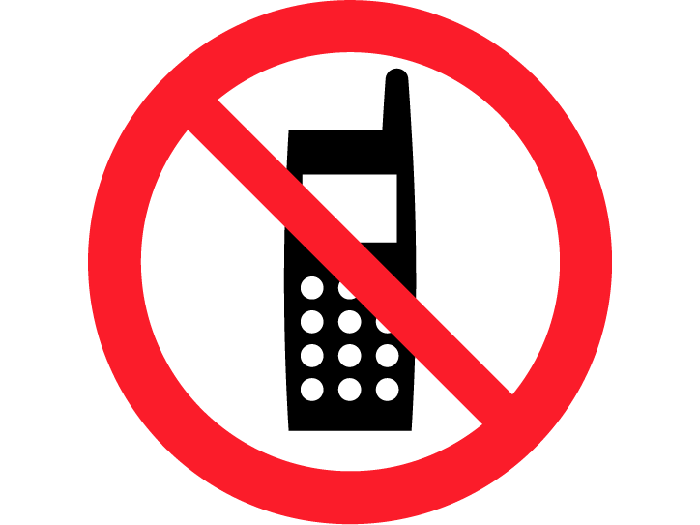Why Japanese earthquakes could cripple Nokia
World's mobile phones rely on Japanese-made parts

When it comes to global mobile phone sales it's no secret - but it is an eternal surprise - that Japanese handset makers have long been miserable flops. In the face of giants like Motorola and Nokia the leading Japanese manufacturer, Sharp, commands a mere 1 per cent of the global market. But there's more to the sorry tale than meets the eye.
Behind those weak statistics there's a surprise that was laid bare when a huge earthquake hit the Hokuriku region of Japan in March. The subsequent sudden rush made by Western phone makers to check on electronics companies in the quake-hit area revealed just how dependent they are on Japanese components.
Hardware addiction
The reason for the concern was the simple fact that a huge chunk of the hardware in their phones comes from Japan. Their first port of call for the worried firms was Murata Manufacturing, which makes 40 per cent of the world's ceramic capacitors, mostly in Hokuriku.
Fortunately for Nokia et al Murata escaped mostly intact, but - had the quake been more severe - the story could have been very different for their bottom lines.
Dependence increasing
As Japanese newspaper the Nikkei [Subscription link] spells out, everything from camera units to the quartz oscillators that control the wireless radios in our mobile phones comes from Japan. And, with modern phones requiring more and more components, that reliance is only increasing.
While little is likely to change in the immediate future, the question remains why the 11 Japanese phone makers have managed to grab only 7 per cent of the global market between them when their domestic models are clearly on the cutting edge.
The factors range from Japan's non-use of GSM to the handsets being just 'too different'. But the main reason cited by industry observers is that Japanese phones simply evolved too quickly for the West to keep up.
Sign up for breaking news, reviews, opinion, top tech deals, and more.
J Mark Lytle was an International Editor for TechRadar, based out of Tokyo, who now works as a Script Editor, Consultant at NHK, the Japan Broadcasting Corporation. Writer, multi-platform journalist, all-round editorial and PR consultant with many years' experience as a professional writer, their bylines include CNN, Snap Media and IDG.